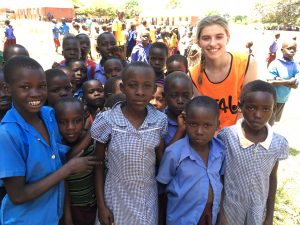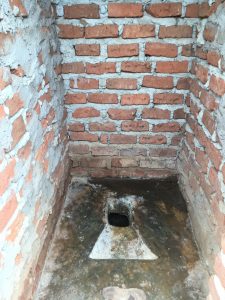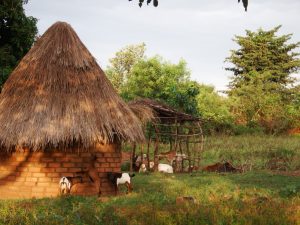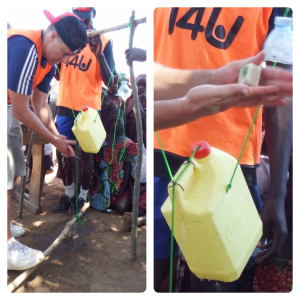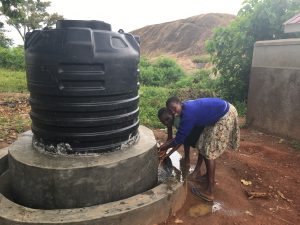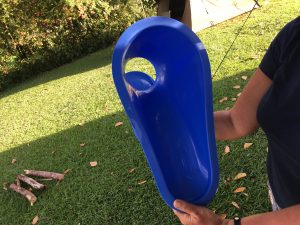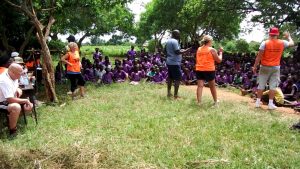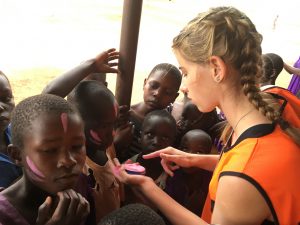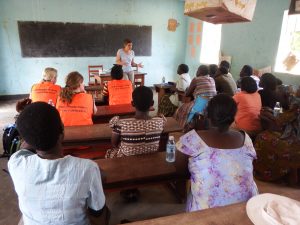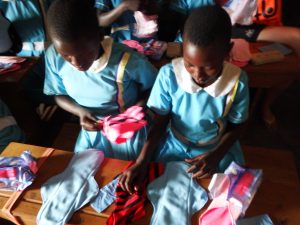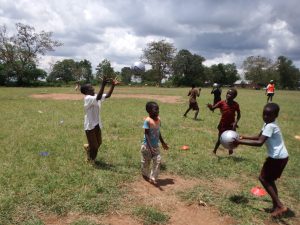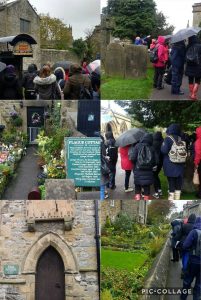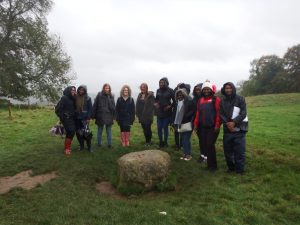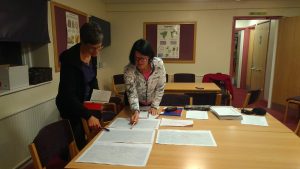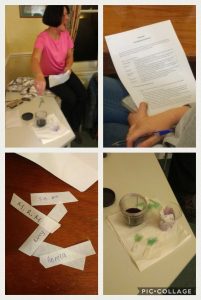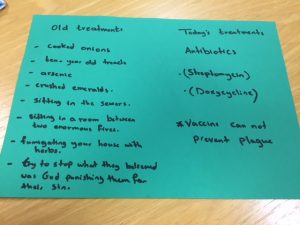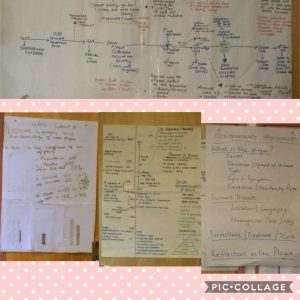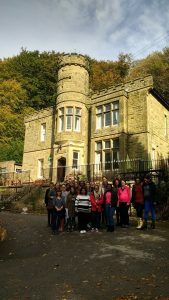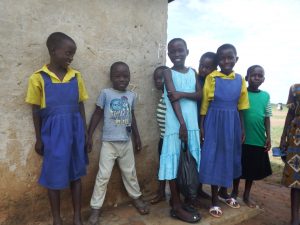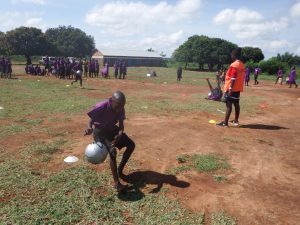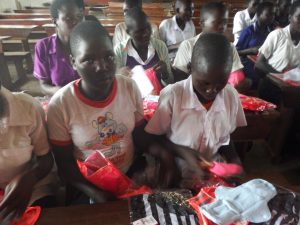By Lee Houghton
Tuesday 8th October saw our newly bonded MSc Public Health students set forth for the wilds of Derbyshire, on a field trip as part of the Evidence Based Public Health Module. The aim of this field trip was to give us all an understanding of real-world public health in action, to show the development of public health through the ages, and to spend some time together as a group to get to know each other better.
I had never heard of this village and indeed began the trip by repeatedly pronouncing its name wrongly (think Eeeeeem—to rhyme with steam—rather than the two syllables you brain will probably go to initially). A quick Google search identified it as ‘The Plague Village’, which sounded intriguing but I avoided reading much more as I didn’t want to have too many preconceptions.
On the way to the village we stopped at the glorious Chatsworth House to see how the other half lived! I had always wanted to visit here and it did not disappoint, a perfectly grand National Trust property set in the most beautiful gardens and wider landscape, just walking round I got a real feel for how incredible it must have been to live here and the impact an estate like would have on the wider communities in terms of providing work/opportunities to sell/buy produce.
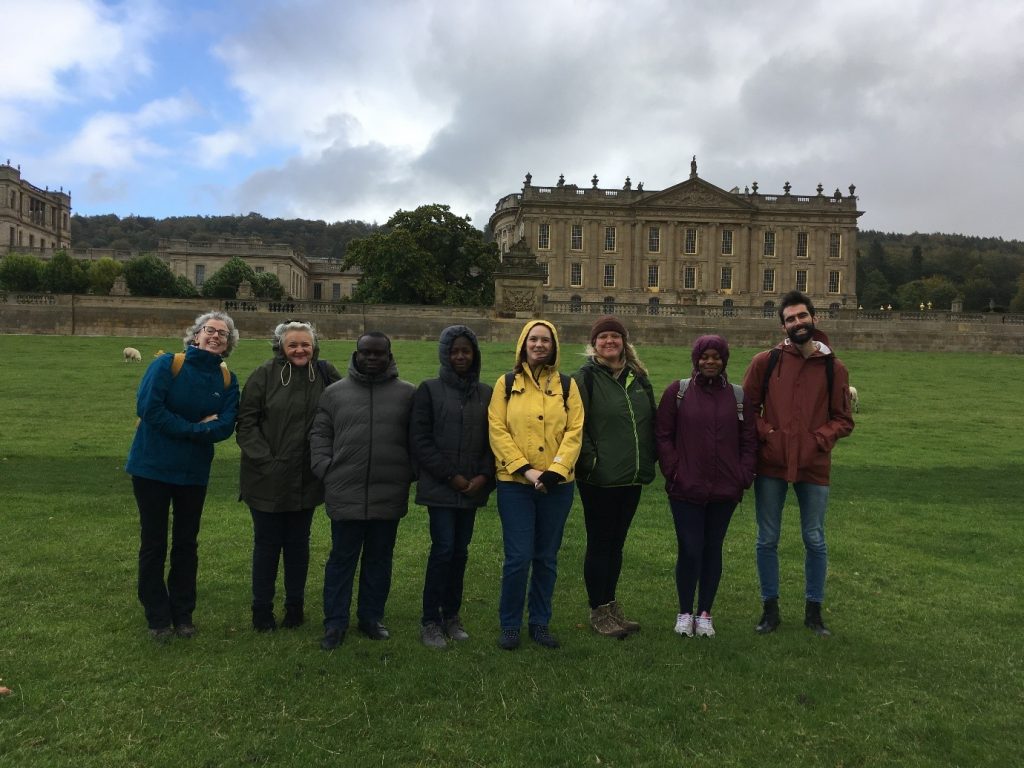
We continued on to Eyam to find a more realistic representation of how the majority of people would have lived in the 1600’s (whilst all secretly still wishing we lived at Chatsworth!). As a group we toured the village with tutors pointing out areas of interest. The village suffered terribly when the plague hit and as a community took positive action (potentially to their detriment) to avoid onward passage of the disease.
We saw the homes of those who had passed away and the innovative methods of intervention that the villagers put into place to avoid passing the disease on.
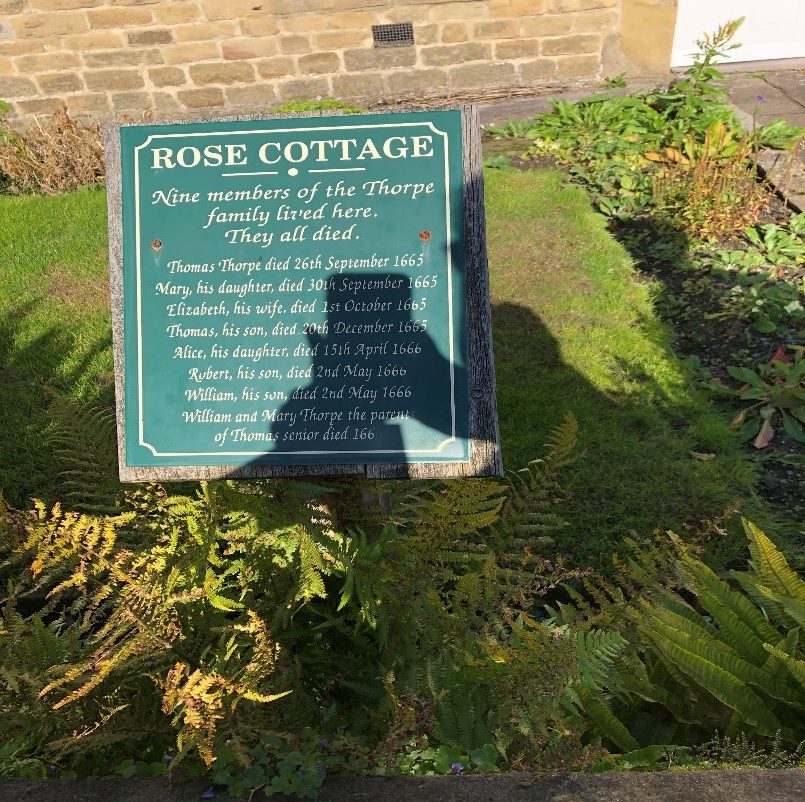
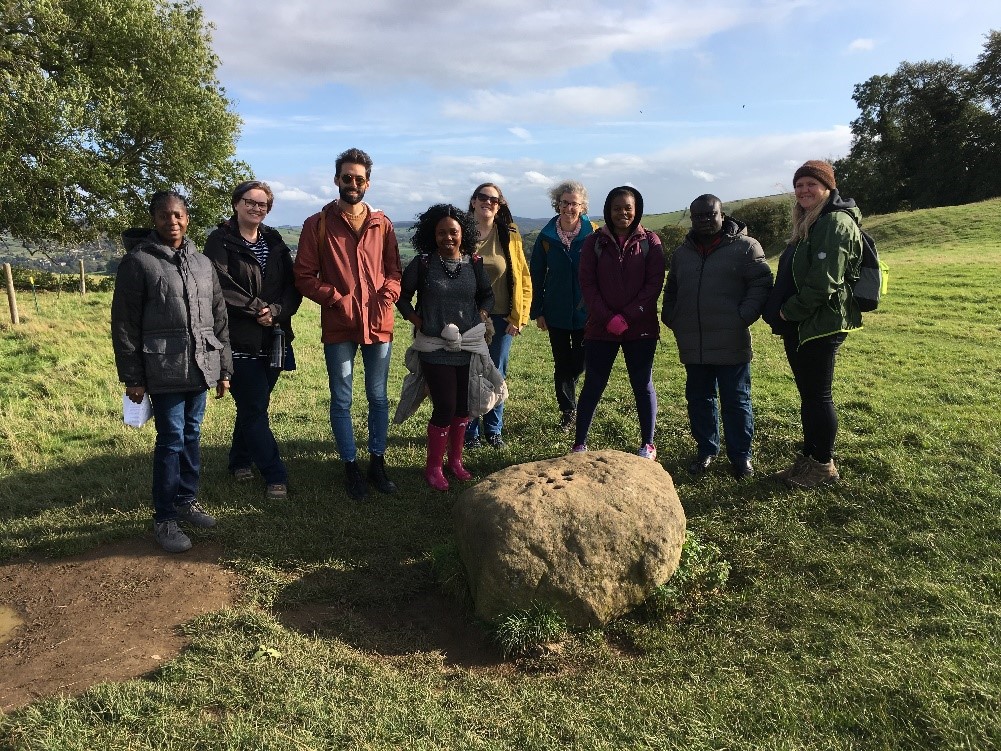
We visited the church and graveyard where a beautiful window has been installed commemorating the sacrifices made by the people of Eyam, and also displays showing some interesting facts and anecdotal stories of individuals…needless to say we were impressed with Margaret Blackwell’s accidental cure!
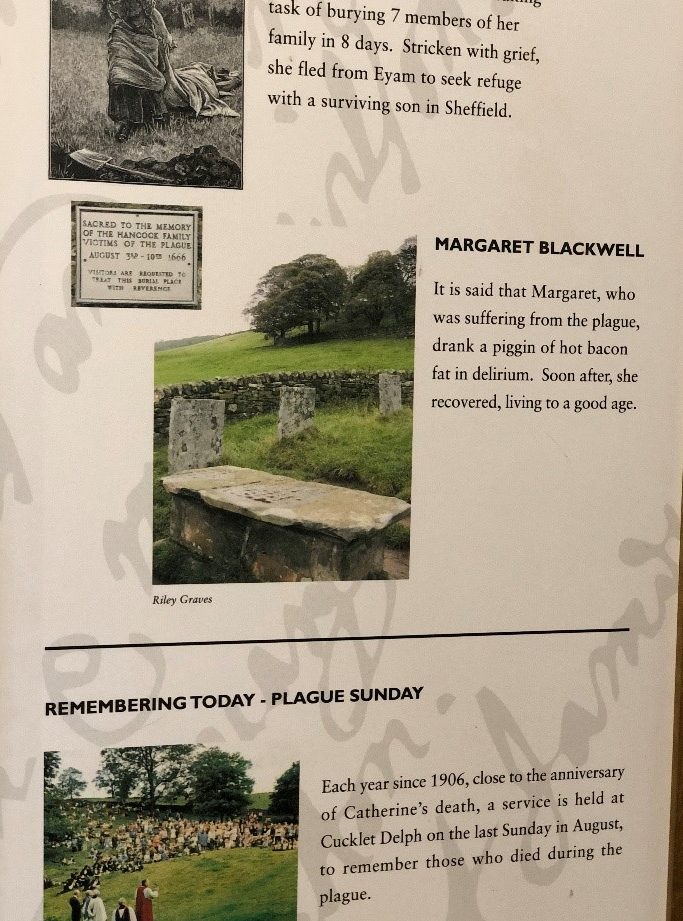
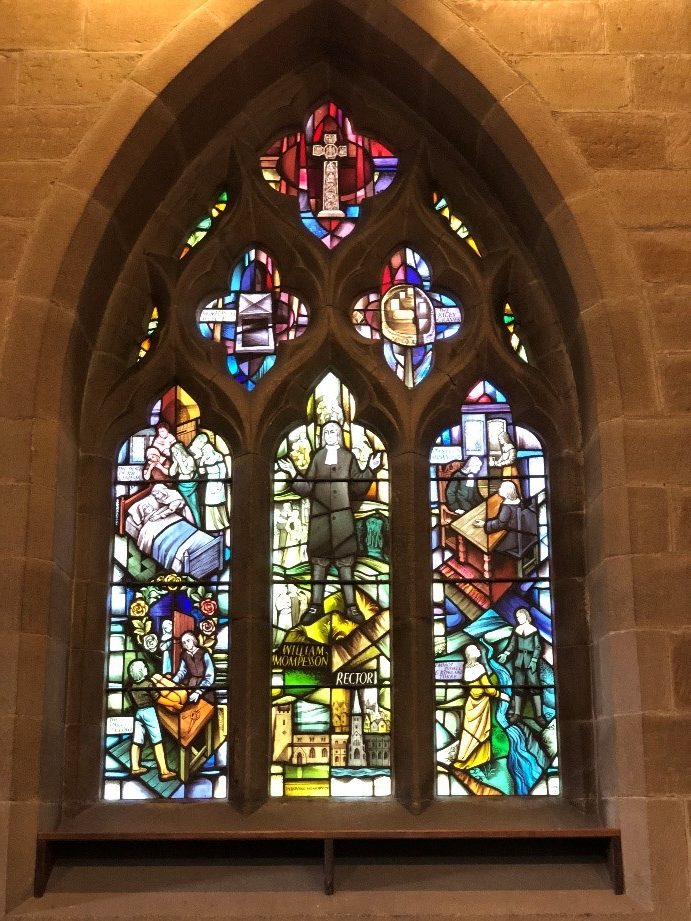
The afternoon of this first day was spent doing group work in the classrooms at the hostel, this involved research and working together to create presentations telling the story of the plague and exploring the implications of the villager’s choices. It was a great opportunity to work together in a relaxed environment, fortified by many cups of tea and the beautiful views from the classroom windows!
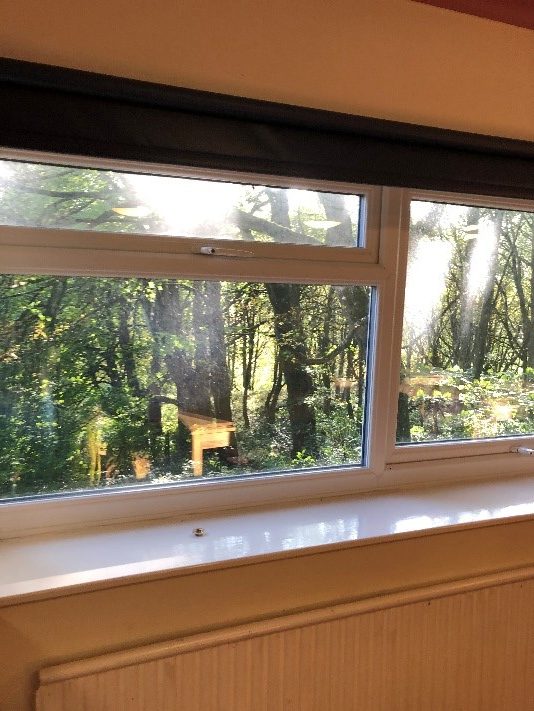
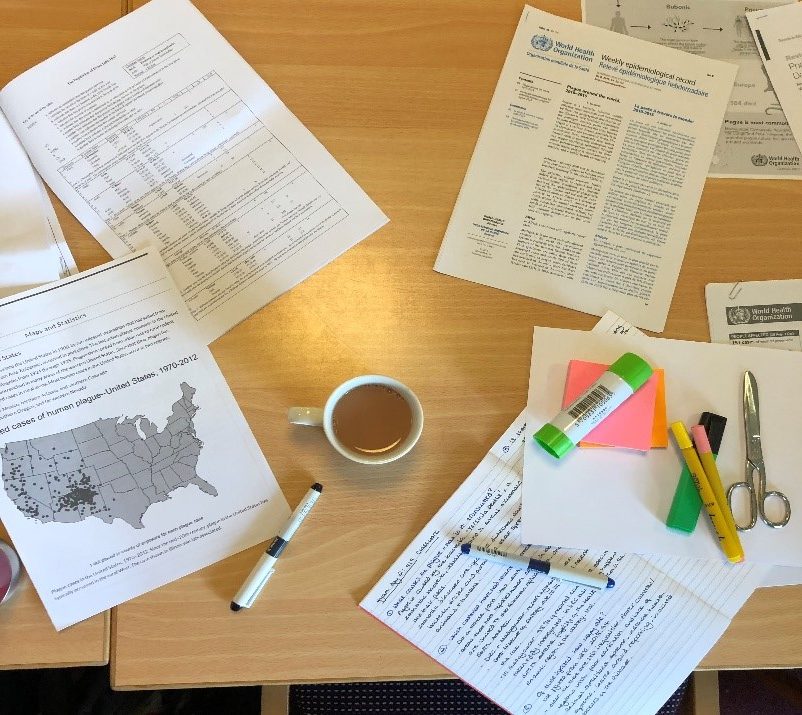
After dinner in the hostel it was onto the evening activity, which consisted of a rousing game of Pandemic! I had never played this boardgame before and after we were all initially confused by the YouTube video of instructions that never seemed to end, we decided to get on and have a go. Turns out we weren’t too bad and were soon working together to save the world (Disclaimer: we probably need another couple of practice games before we could actually save the world!).
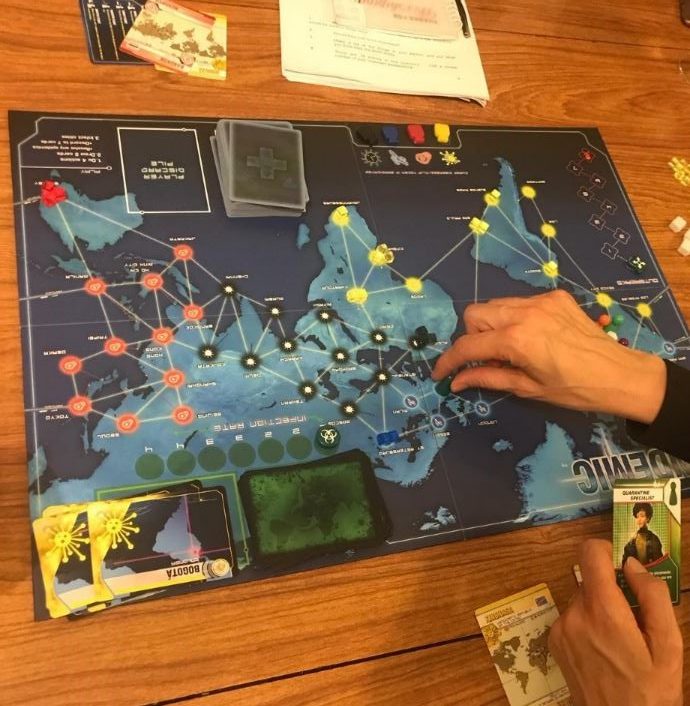
Day 2 saw us back in the classroom working in groups to look at the modern-day issues around Plague, we were really surprised to find out that there are still significant pockets of it about, and to look at government and health agencies approach to tackling this. It was great way of looking at global inequalities and their impact on population health.
After lunch there was just time for look round Eyam’s museum which has so many interesting displays and resources on plague in the village. It was a useful way of consolidating what we had learned and seeing some effective visual representations of the spread and reach of disease, including really personal stories.
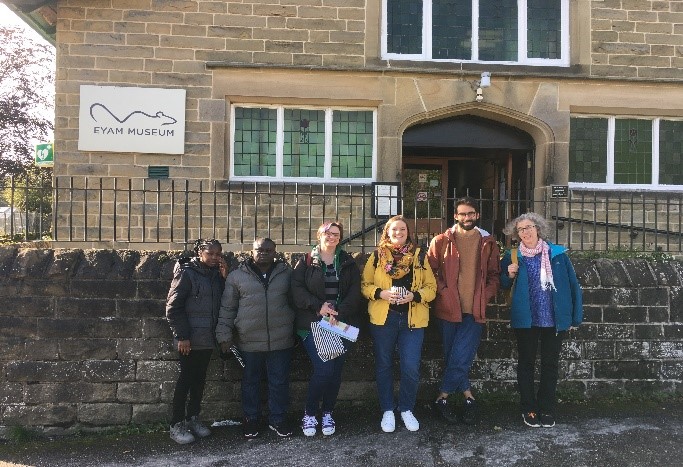
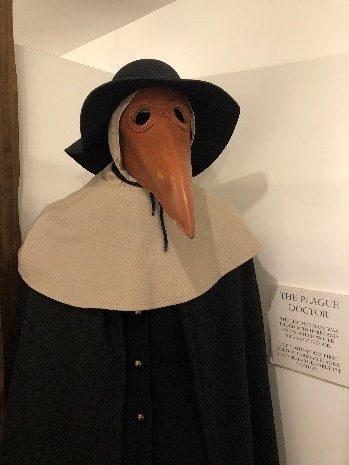
The trip was a great success and we found it so useful to see public health in action through history. It was a great opportunity to spend some quality time together and definitely helped to bond us as a group, which will hopefully stand us in good stead for our next assignment where group work is vital.


